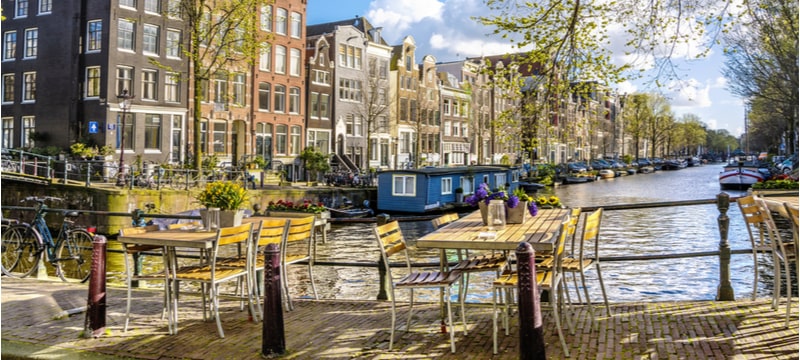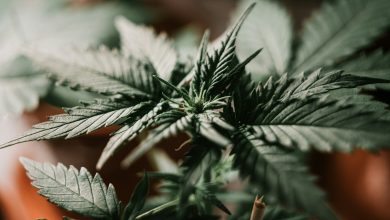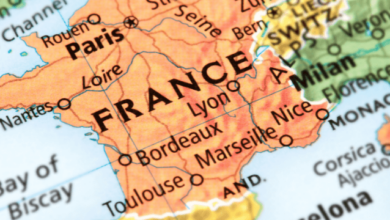
In a bid to cut down on drug-related tourism, Amsterdam is considering banning tourists from its coffee shops. The move could see coffee shops solely patronised by Dutch locals. This is likely due to the vast number of tourists who come to Amsterdam for drug-related purposes.
A number of police officers and prosecutors have expressed support for this decision. Among them is Femke Hasema, the mayor of Amsterdam. According to Mayor Halsema, 58% of tourists come to Amsterdam solely to consume cannabis.
Mayor Halsema also said that the cannabis market in Amsterdam has grown too large to handle. Furthermore, the sale of cannabis has also fostered the growth of organised crime syndicates.
When asked about this proposal, Mayor Halsema said, “We can be an open, hospitable, and tolerant city, but also a city that makes life difficult for criminals and slows down mass tourism.”
This proposal has received mixed reactions from business owners. Currently, Amsterdam boasts 166 coffee shops. However, should this proposal come to fruition, the majority of them could shut — for good.
Turning the focus to cultural tourism
By approving and passing this proposal, Mayor Halsema hopes to draw tourists who want to enjoy Dutch culture and history.
“Amsterdam is an international city, and we wish to attract tourists — for its richness, its beauty, and its cultural institutions,” she said.
Cities like Maastricht, in the south of the Netherlands, and Den Bosch, have already seen similar legislation passed. Public prosecutors and police officers in the Netherlands have long since wanted to follow suit.
However, making this decision without a proper framework could have resulted in an unrestrained street market. This could make cannabis even harder to regulate. Therefore, this can only happen with legitimate legal structures in place.
Now, with Mayor Halsema at its helm, this proposal could bring about change.
Amsterdam has also taken steps towards changing its image. For example, the city council has moved to reduce the number of licensed prostitution windows in the red-light district. It has also cracked down on AirBnB and similar rental arrangements in three districts — Burgwallen-Oude Zijde, Burgwallen-Nieuwe Zijde, and Grachtengorden-Zuid.
These changes hope to draw more culturally aware tourists to Amsterdam. Robbert Overmeer, a local businessman, said, “We say come to Amsterdam for the museums, the food, for love, or for friends — but not to skulk around, smoke dope, and do drugs.”
What happens in the long run?
Should Mayor Halsema manage to pass this legislation, Amsterdam could see a dip in its number of coffee shops. According to the New York Times, the number of coffee shops in Amsterdam could plummet to just 66, in the whole city.
Banning tourists from coffee shops could also result in an increase in security. Andre van Houten, a coffee shop owner, expressed his displeasure at the potential change.
“How can I check where someone is from?” van Houten asked.
To ensure that coffee shops don't sell to tourists, police officers might have to check premises regularly. This could help keep tourists out of coffee shops. However, it might not sit very well with the local residents, who might feel uncomfortable with increased police presence.
In addition to this, Amsterdam could see a reduction in tourists altogether. Many tourists flock to Amsterdam solely to consume cannabis from coffee shops. By banning them from doing so, these tourists are bound to source and visit other cannabis-friendly destinations.
Therefore, passing this proposal without considering all aspects could backfire completely.
However, if you're a tourist, all is not lost. Luxembourg is in talks to legalise recreational cannabis. While legislation to do this is still in the works, it could also mean a new destination for tourists who want to buy and consume cannabis.




